Lemons Falling From Tree: How To Fix Premature Fruit Drop On A Lemon Tree
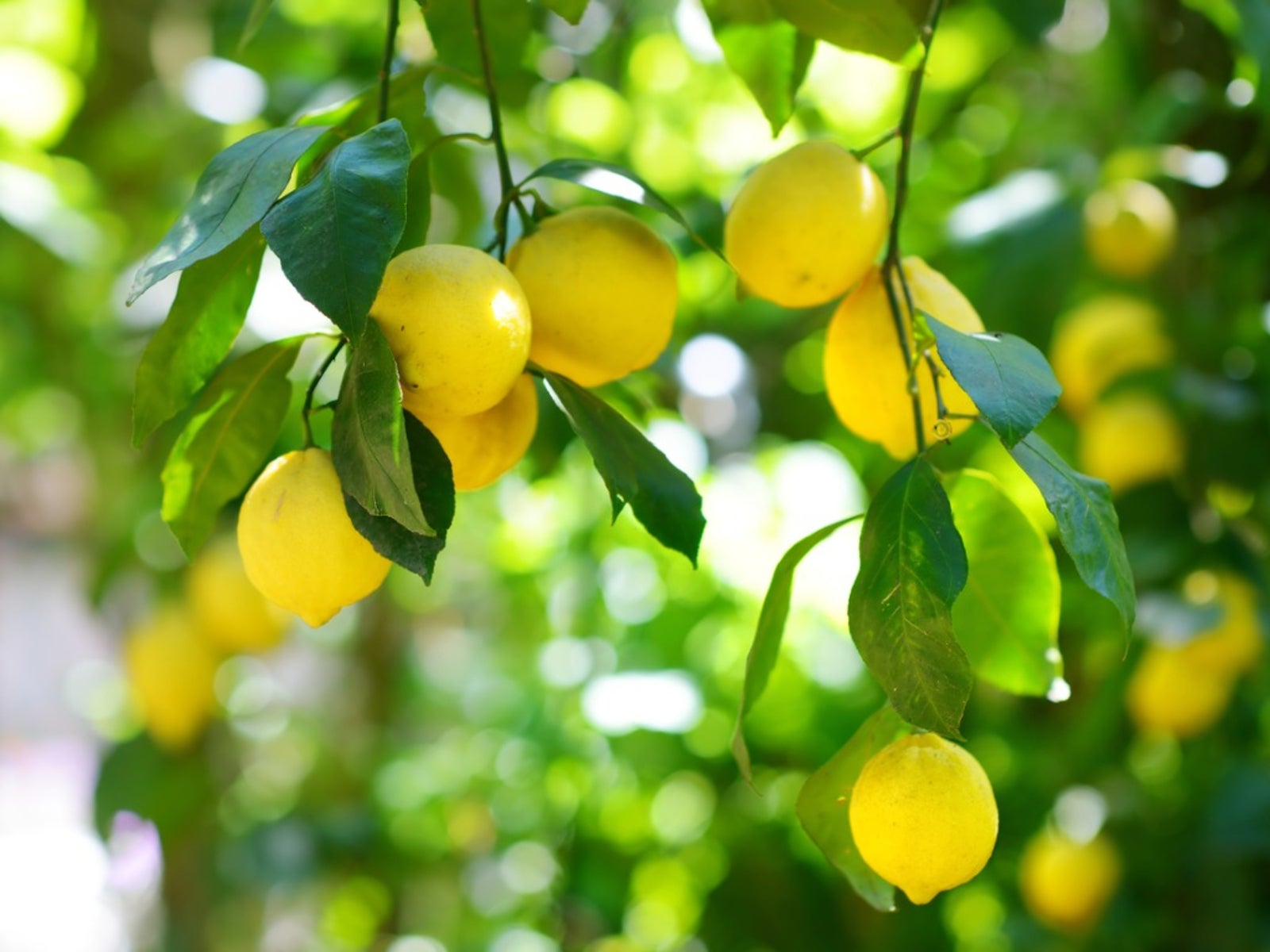
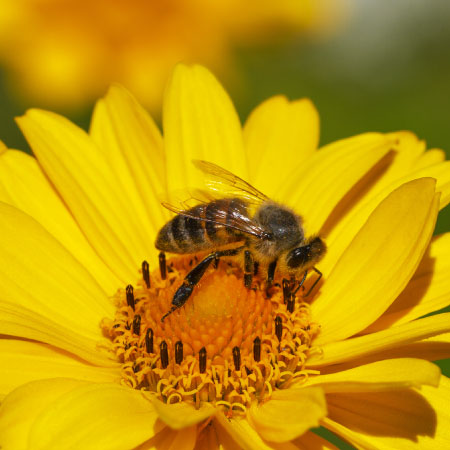
Although some fruit drop is normal and not a cause for concern, you can help prevent excessive drop by providing the best possible care for your lemon tree. If you're worried by a lemon tree dropping fruit and currently have lemons fall from trees, continue reading to learn more about what causes fruit drop in lemons and prevent lemon tree fruit drop.
What Causes Fruit Drop in Lemons?
Generally, you may see lemons falling from trees if the tree sets more fruit than it can support. A lemon tree normally goes through three periods of fruit drop. The first drop occurs when 70 to 80 percent of the flowers fall from the tree without ever setting fruit. A week or so later, pea-sized fruit drop from the tree. The third drop occurs in spring when the fruit is about the size of a golf ball. Unless premature fruit drop is excessive, however, these drops are not a cause for concern. In many cases, lemon tree fruit drop is due to environmental factors that you can't control. Sudden changes in temperature and heavy rains can often cause premature fruit drop.
Preventing Lemon Tree Fruit Drop
Occasionally, a lemon tree dropping fruit can be prevented, as dropping fruit can also result from improper watering or fertilization, excessive pruning and insect infestations. Water lemon trees when you have had less than 1 ½ inches (4 cm.) of rain in a week. Apply water to the soil around a lemon tree slowly, allowing it to sink into the soil. Stop when the water begins to run off. If you have heavy clay soil, wait about 20 minutes and water again (or amend the soil to improve drainage). Too much water leaches the nutrients out of the soil, and not enough stresses the tree. Citrus trees need a good balance of nitrogen and other macronutrients as well as a variety of micronutrients. You can provide the tree with everything it needs by using a citrus special fertilizer. For best results, follow the label instructions. Whiteflies, aphids, scales, and mites sometimes infest lemon trees. These insects seldom cause serious damage, but they may cause premature fruit drop and blemish the fruit. Use narrow-range horticultural oils in late winter and early spring when the insects are in the larval or “crawler” phase of their lifecycle. For small trees, a strong blast of water from a hose will knock some of the insects from the tree, and insecticidal soaps or neem oil sprays are somewhat effective in controlling adult insects. Allow lemon trees to grow naturally as much as possible without pruning. Remove dead, damaged, or diseased limbs as needed, but if you need to control the size of the tree, do so with the fewest possible cuts.
Gardening tips, videos, info and more delivered right to your inbox!
Sign up for the Gardening Know How newsletter today and receive a free copy of our e-book "How to Grow Delicious Tomatoes".

Jackie Carroll has written over 500 articles for Gardening Know How on a wide range of topics.
-
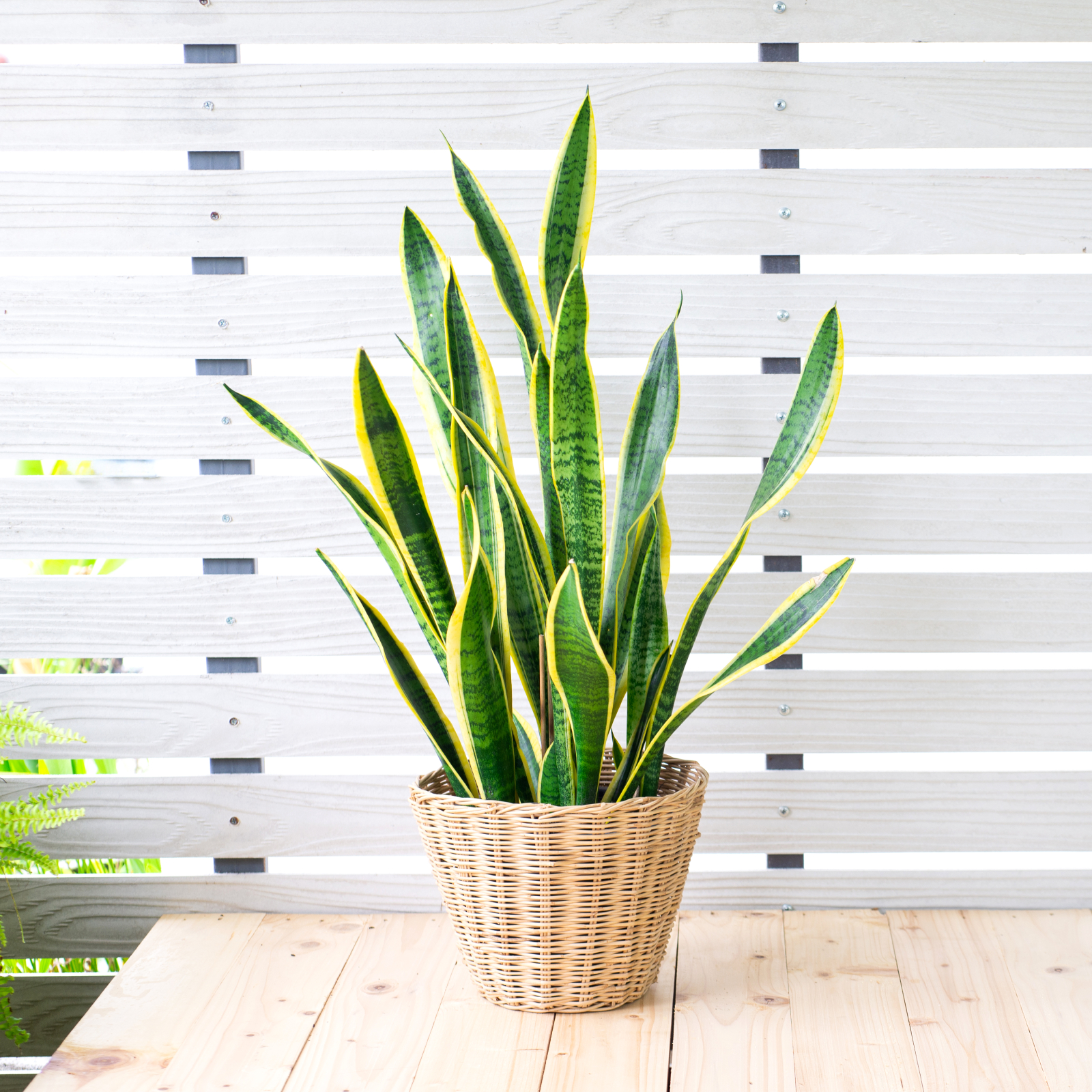 Can Snake Plants Live Outside? Everything You Need To Know For Snake Plants Al Fresco
Can Snake Plants Live Outside? Everything You Need To Know For Snake Plants Al FrescoSnake plants can live outside given the right conditions, but be careful that they don't take over! Learn the best way to use snake plants in your landscape.
By Mary Ellen Ellis
-
 Zinnias On Repeat: 10 Glorious Cut-And-Come-Again Varieties For Endless Summer Bouquets
Zinnias On Repeat: 10 Glorious Cut-And-Come-Again Varieties For Endless Summer BouquetsThese zinnia varieties keep giving all summer, making them the perfect choice for dedicated cutting gardens – or just the occasional homegrown bouquet.
By Ellen Wells
-
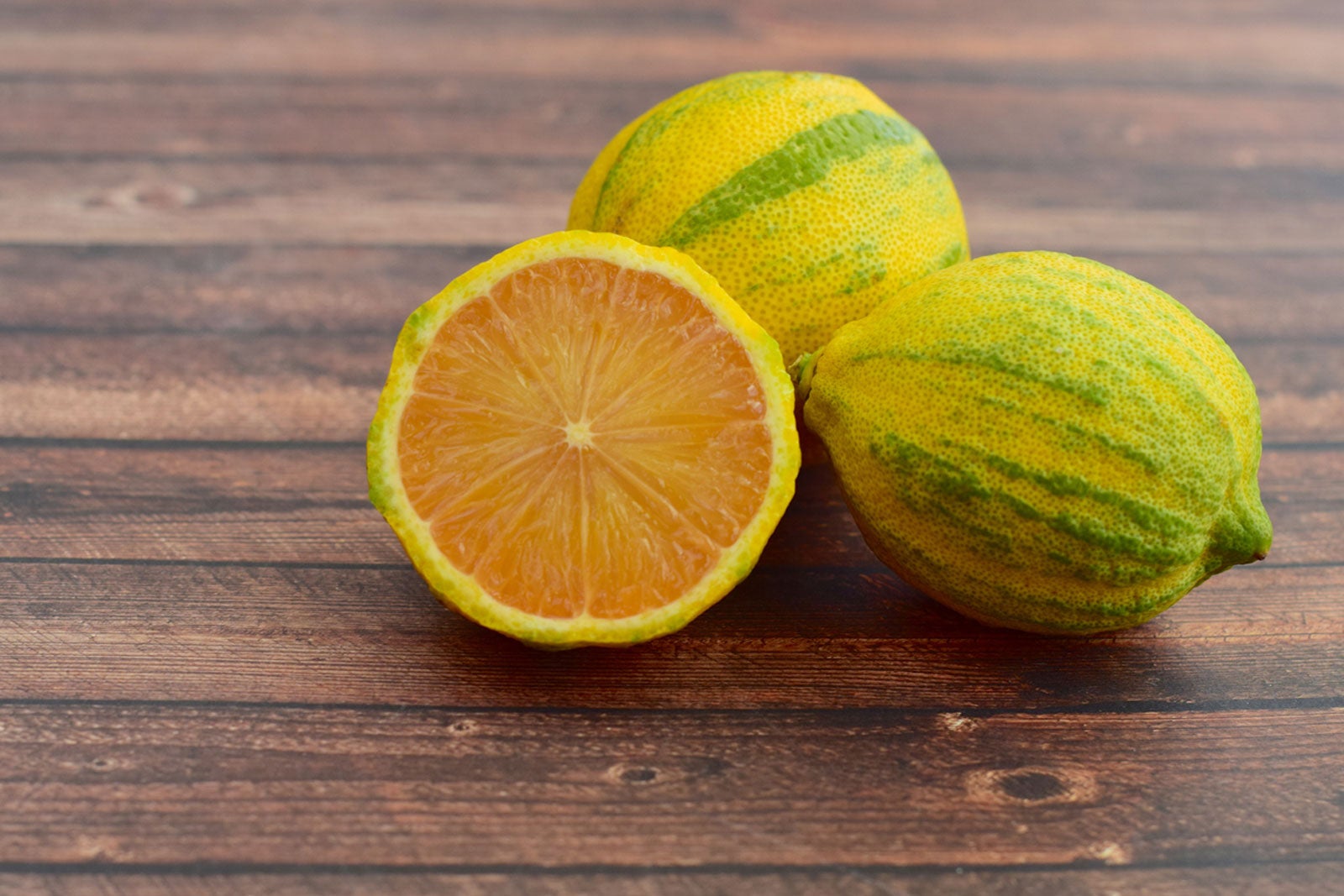 Eureka Pink Lemon Tree: How To Grow Variegated Pink Lemon Trees
Eureka Pink Lemon Tree: How To Grow Variegated Pink Lemon TreesFans of the quirky and unusual will love the Eureka pink lemon tree. These plants are beautiful and unique versions of the standard lemon tree. This little oddity produces flesh with a fascinating characteristic. Click here for tips on how to grow variegated pink lemon.
By Bonnie L. Grant
-
 Soft Lemon Fruit – Why Container Grown Lemons Have Gone Soft
Soft Lemon Fruit – Why Container Grown Lemons Have Gone SoftLemon trees produce marvelous fruit that is equally at home in sweet and savory recipes. But what happens if your lemons have gone soft? Lemons may get soft before they are ripe – be it soft lemons on a tree or soft lemon fruit that occurs during storage. Learn why here.
By Amy Grant
-
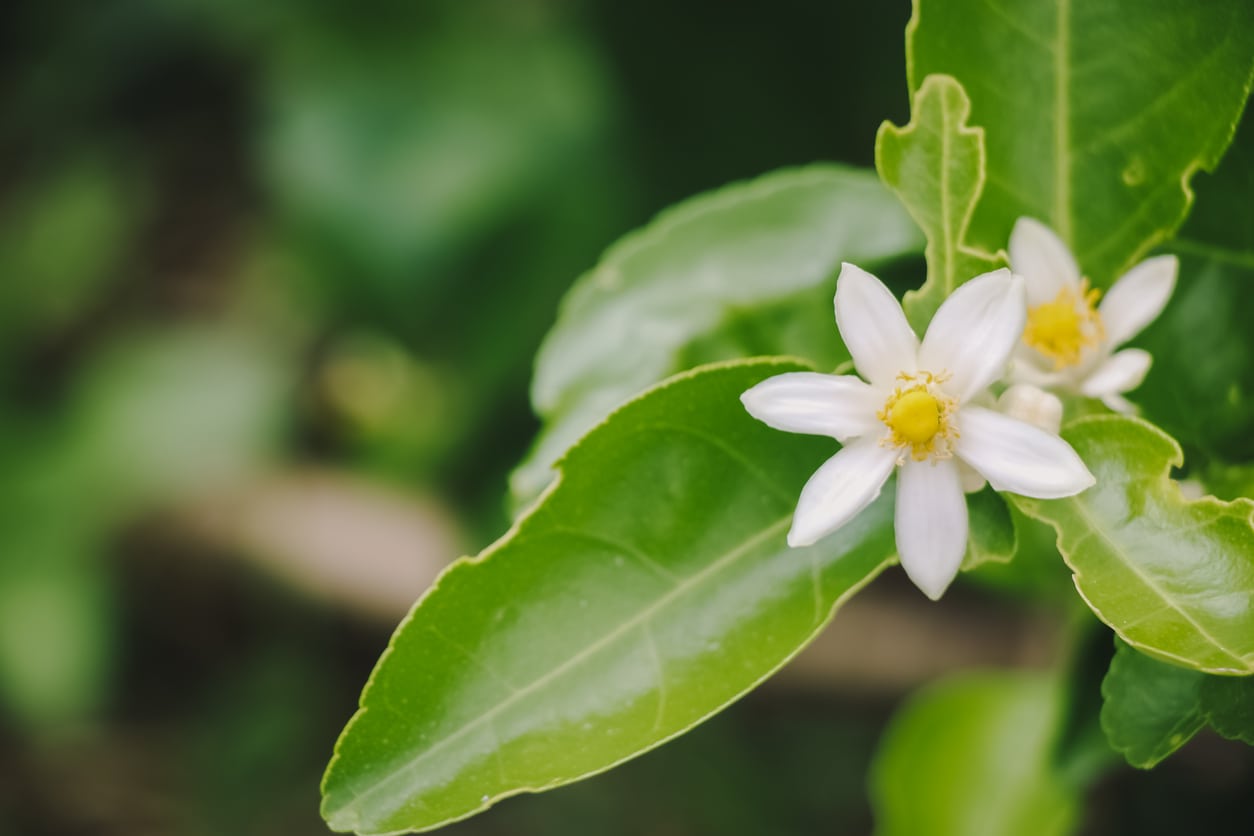 Lemon Blossom Drop – Why Is My Lemon Tree Losing Flowers
Lemon Blossom Drop – Why Is My Lemon Tree Losing FlowersEnvironmental consistency is essential to flower and fruit set of lemon trees. Any sudden change can cause fruit or flower drop on lemon trees. Have you found yourself wondering: why is my lemon tree losing flowers? Click on this article for more information.
By Darcy Larum
-
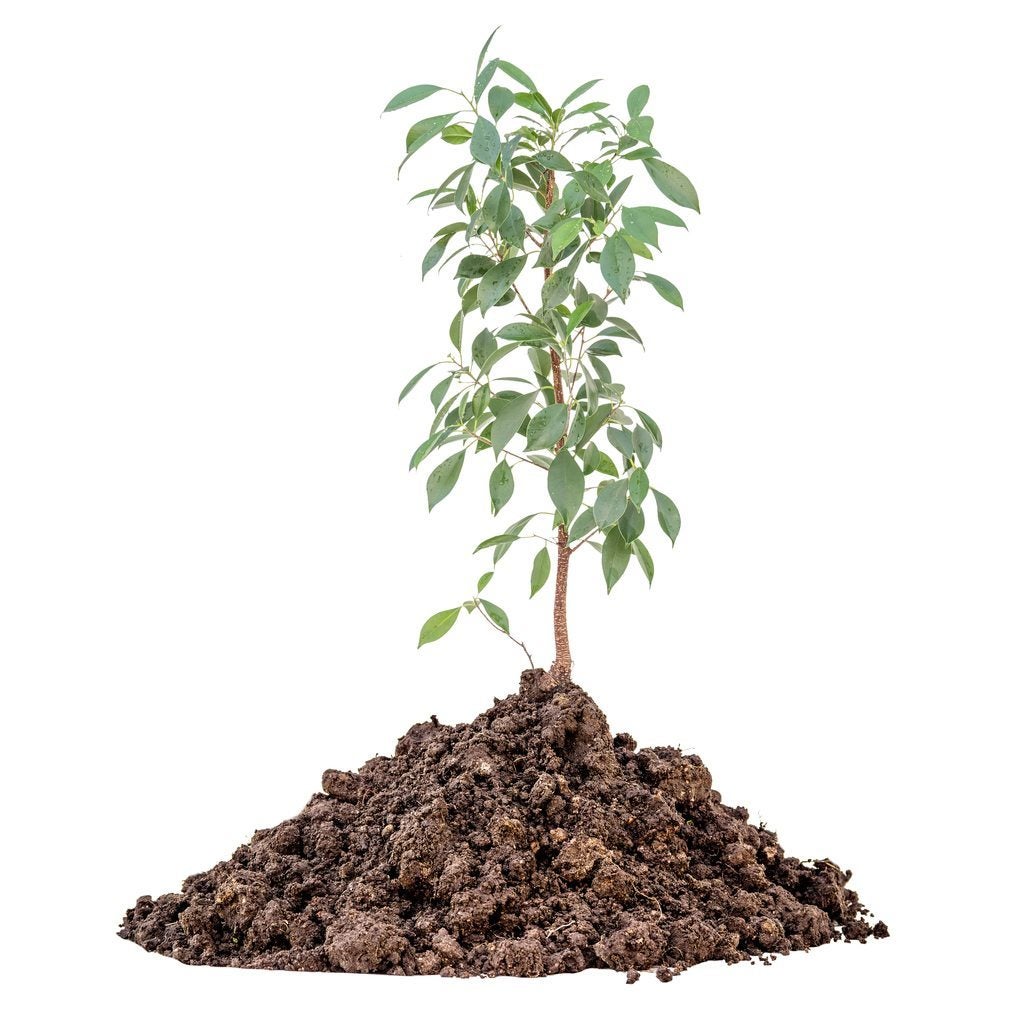 Transplanting A Lemon Tree – Best Time To Transplant Lemon Trees
Transplanting A Lemon Tree – Best Time To Transplant Lemon TreesLemon tree transplanting is a tricky prospect. Find out when the right time is to transplant lemon trees and other helpful information of lemon tree transplanting in this article before you take on this task. Click here for additional information.
By Amy Grant
-
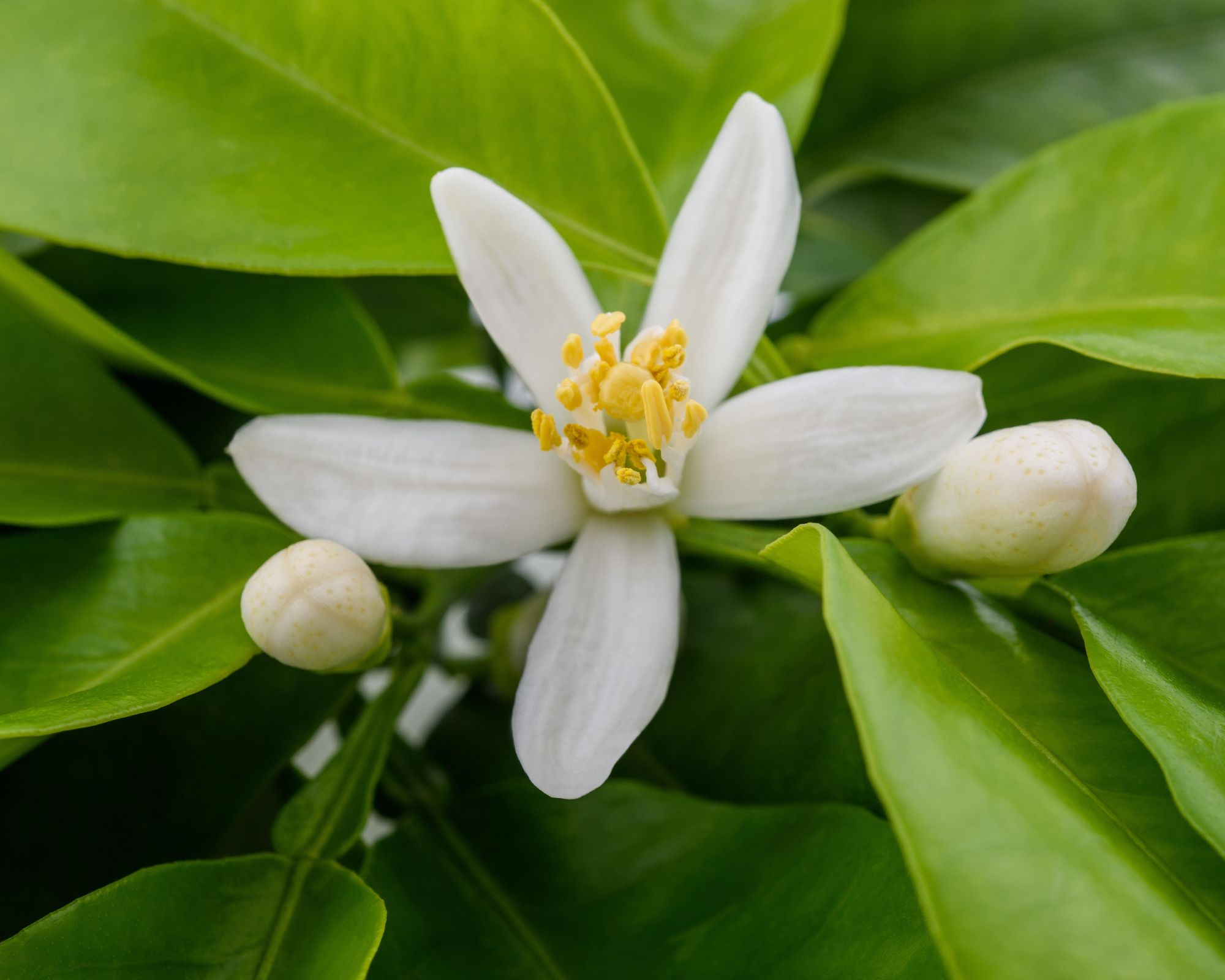 No Flowers On Lemon Tree – Tips For Getting Lemon Trees To Bloom
No Flowers On Lemon Tree – Tips For Getting Lemon Trees To BloomGrowing lemons is a tricky business, as one wrong move and you?ll find all your effort has been for nothing. Getting lemons to bloom is about balancing the plant?s needs. Learn about the various pieces in the blooming puzzle in this article.
By Kristi Waterworth
-
 Repotting Lemon Trees: When Do You Repot Lemon Trees
Repotting Lemon Trees: When Do You Repot Lemon TreesLemon trees grown in pots eventually outgrow their containers. When do you repot lemon trees? Click on the following article to find out when the best time to repot lemon trees is as well as how to repot a lemon tree.
By Amy Grant
-
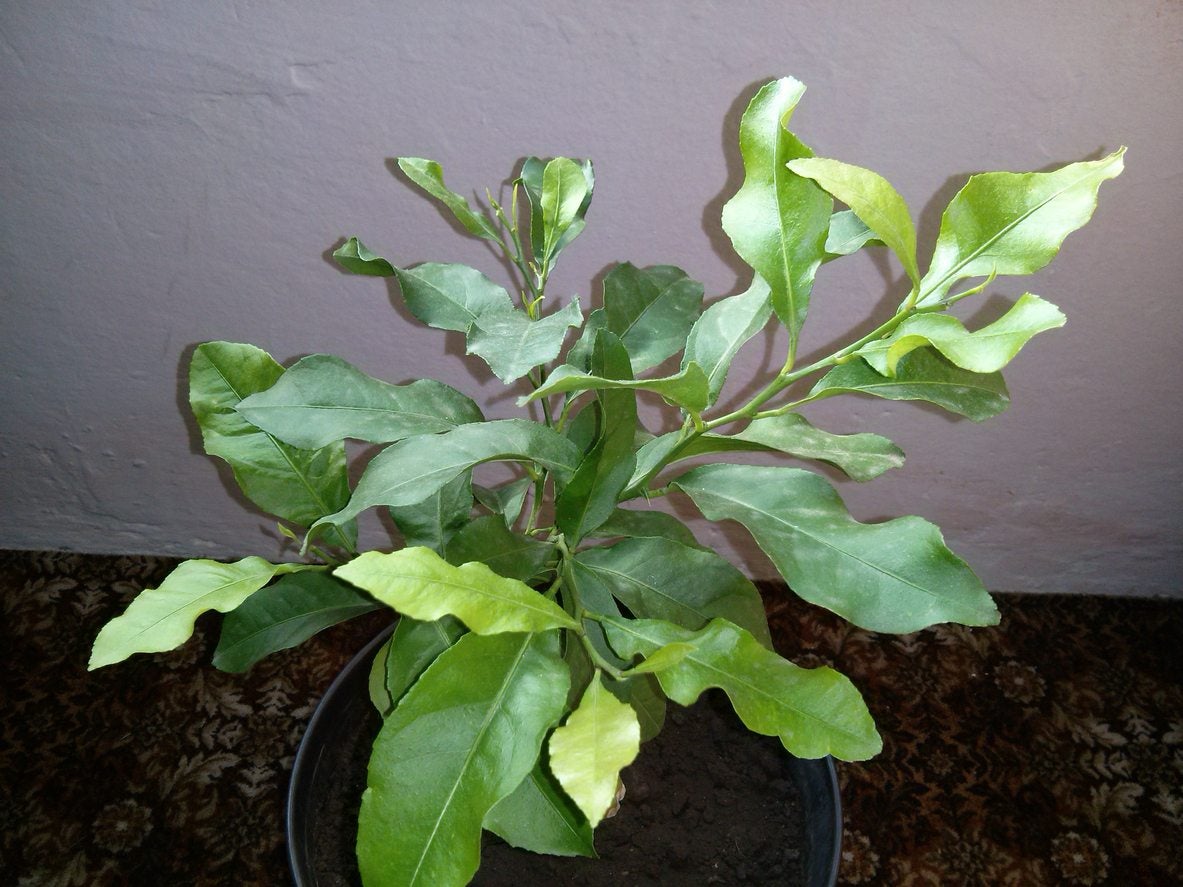 Yellow Lemon Tree Foliage – Why Did Lemon Tree Leaves Turn Yellow
Yellow Lemon Tree Foliage – Why Did Lemon Tree Leaves Turn YellowLemon trees are a great addition to the landscape, but sometimes your trees will develop problems like yellow leaves. This common issue can result from several different causes, but most are simple to correct. Click here to learn more about yellow lemon tree foliage.
By Kristi Waterworth
-
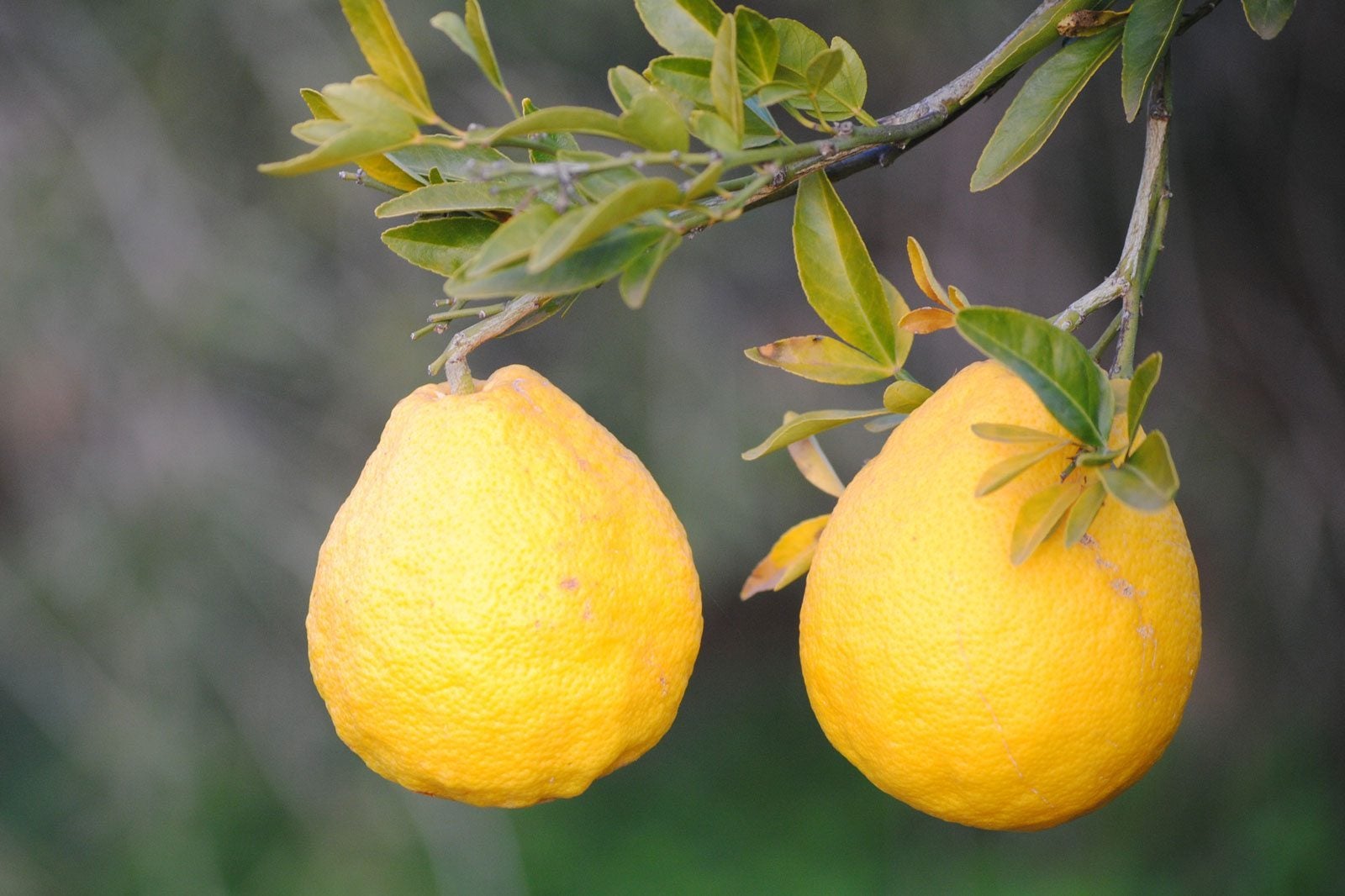 Sweet Lemon Information: Tips On Growing Sweet Lemon Plants
Sweet Lemon Information: Tips On Growing Sweet Lemon PlantsThere are a number of lemon trees out that claim to be sweet and, confusingly, several of them are just called "sweet lemon." One such sweet lemon fruit tree is called Citrus ujukitsu. Find out how to grow Citrus ujukitsu trees in this article.
By Amy Grant